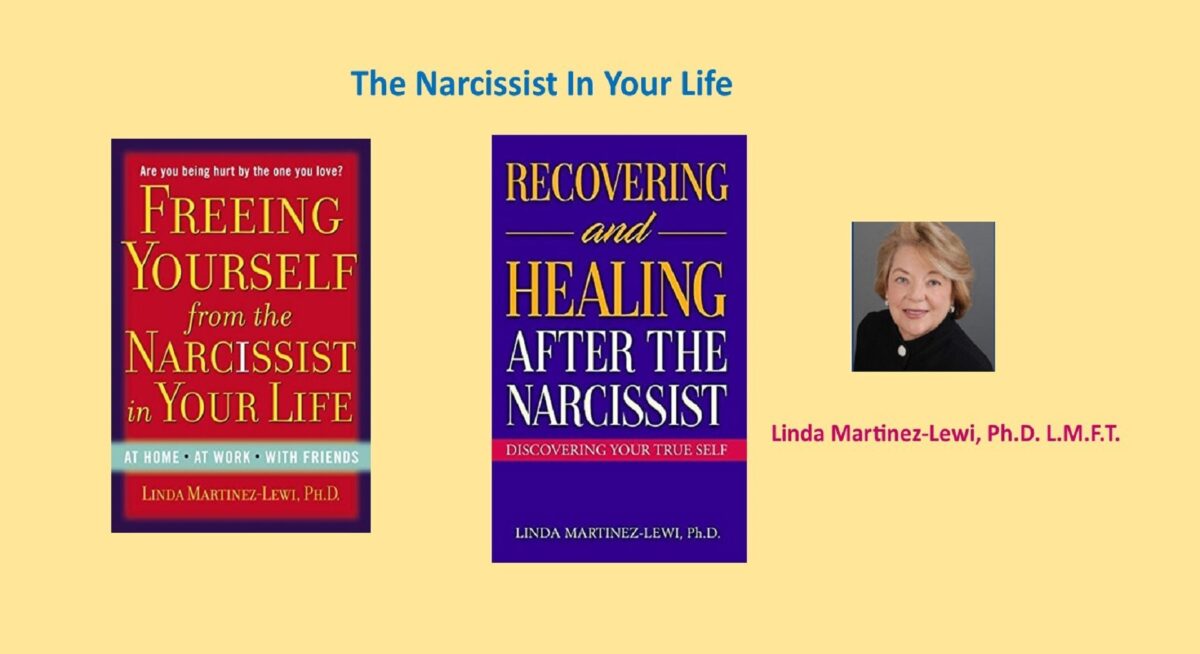Narcissistic maternal deprivation is difficult for most people to understand because it cannot usually be seen as bruises or welts or scratches. It is both a psychological wound and a void that the daughter of a narcissistic mother feels inside herself. This pain is the absence of nurturing, of loving care, of affection, of emotional and physical closeness, of hugs never given, of sweet glances from mother to daughter and back again. These daughters never experience the loving physical, emotional and psychological presence of their mother. If mom is physically there, she is either distracted and not paying attention or she is berating her daughter, criticizing her, humiliating her, blaming her for everything that went wrong in the narcissistic mother’s life.
The child takes this upon herself and internalizes the absence of positive feelings toward her. She is neglected and because she must survive she is not capable of knowing that this is true–that she is not wanted, respected, cherished. Narcissistic mothers often push their own daughters out of their way and are envious of them. They do everything they can to create emotional chaos in their lives. Some of the most profound wounds are the absence of attention. Some narcissistic mothers are like automatons, going about their days in a frenzy of work, social activities, shopping sprees, talking with friends, arranging parties, even going on trips–leaving their daughters alone to fend for themselves. I have heard of daughters as young as five who had to find a way to take care of themselves while mother partied throughout long weekends with boyfriends. Sometimes the party is carried on in the home and the young daughter is subjected to drunken scenes where sexual activity is taking place impulsively and wildly. The young daughter is shocked by these activities. In some cases the men who are there come on to the daughter sexually and she is terrified.
Some daughters of narcissistic mothers feel an emotional void inside of them. They long for and miss what they never had. Often they cannot define it but know they are in emotional pain. Many of them seek to find the answers and to heal. Some daughters of narcissistic mothers benefit from excellent psychotherapy as well as learning to nurture themselves and to become receptive to the love and warmth that they have always deserved. I speak to those daughters now and say: You are so dear and lovely–You are whole–You are loving, kind, steady and strong. I celebrate you and your lives.
Linda Martinez-Lewi, Ph.D.
